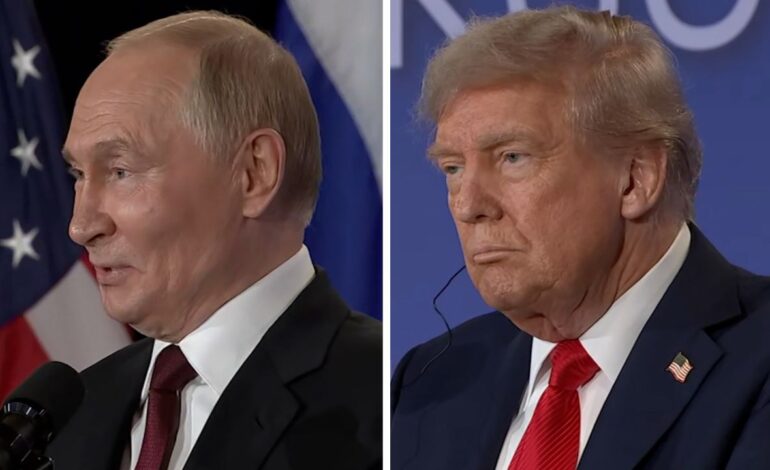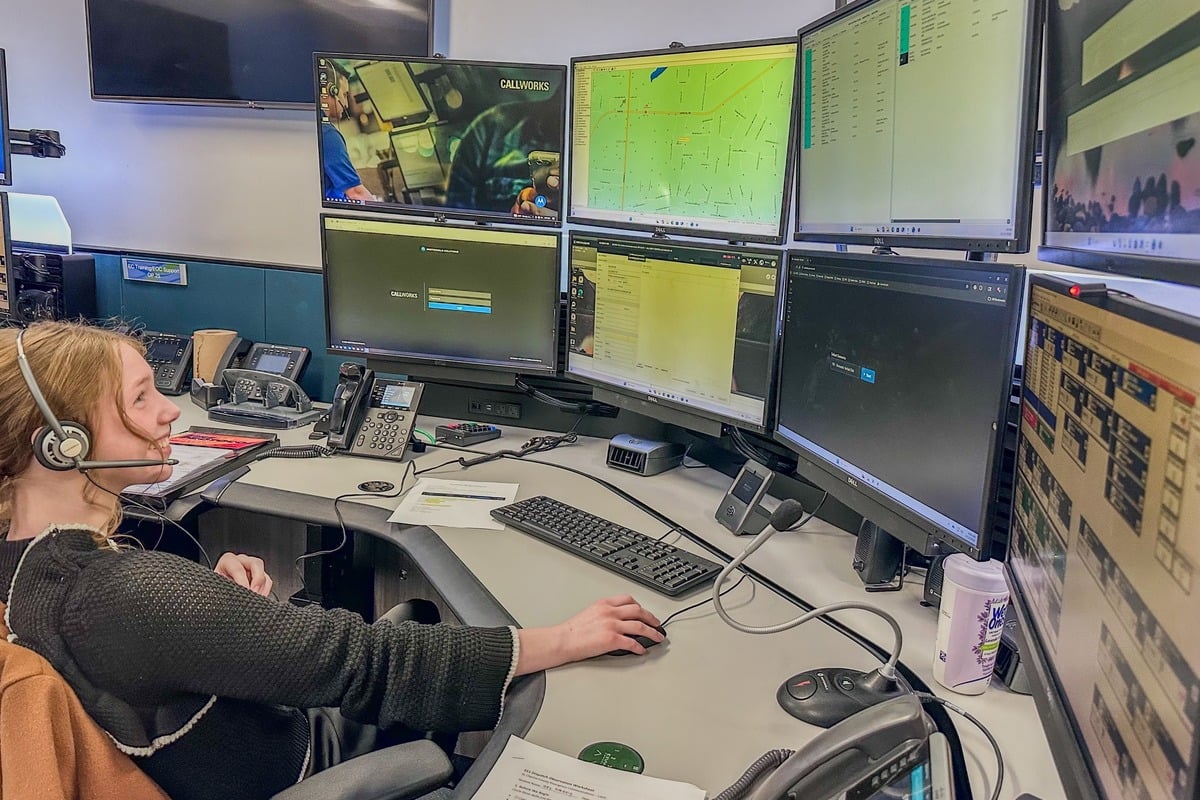Trump and Putin Discuss Ukraine Conflict During Anchorage Meeting

In a significant diplomatic engagement, Russian President Vladimir Putin and U.S. President Donald Trump held a bilateral meeting in Anchorage, Alaska, on February 4, 2024. The discussions primarily focused on the ongoing Russia-Ukraine War, a conflict that remains a pivotal issue in international relations.
The meeting, attended by key officials from both sides, aimed to address various aspects of the conflict that has persisted since 2014. Both leaders made statements emphasizing the need for dialogue and cooperation to resolve the ongoing tensions in Eastern Europe.
Key Points from the News Conference
Following their talks, both leaders participated in a joint news conference, which was broadcast globally. President Trump reiterated the importance of a peaceful resolution, stating, “We are committed to working together to find a solution that benefits both nations.” He acknowledged the complexity of the situation but expressed optimism about the potential for progress.
In contrast, President Putin underscored Russia’s perspective, asserting that NATO’s expansion has contributed to the instability in the region. He remarked, “We believe that mutual respect and understanding are essential for peace.” This statement reflects Russia’s longstanding concerns regarding NATO’s influence near its borders.
The U.S. Department of State later issued a statement highlighting the significance of the meeting. It noted that both countries agreed to continue discussions to explore avenues for de-escalation. The statement also emphasized the role of diplomacy in addressing security challenges in Europe.
International Reactions
The meeting attracted considerable attention not only in the United States and Russia but also among NATO allies and global observers. Analysts have pointed out that the dialogue represents a crucial step toward easing tensions that have escalated in recent years.
In a statement, NATO Secretary-General Jens Stoltenberg remarked, “It is vital for all parties involved to engage in meaningful discussions to ensure stability in the region.” Many see this engagement as an opportunity to reset the strained relations between the U.S. and Russia, which have been characterized by mutual distrust.
Local reactions in Anchorage varied, with some residents expressing hope that the meeting would lead to a reduction in hostilities. Others voiced skepticism, citing past encounters between the two leaders that yielded minimal long-term results.
As the world watches closely, the implications of the Anchorage meeting could influence future diplomatic efforts and strategies regarding the Russia-Ukraine conflict. The emphasis on open communication may pave the way for further negotiations aimed at achieving lasting peace.
In summary, the Anchorage meeting between Trump and Putin signals a critical moment in international diplomacy, with both leaders recognizing the need for dialogue to address the contentious issues surrounding the Russia-Ukraine War. The outcomes of these discussions will likely resonate beyond the immediate context, shaping global perceptions and strategies regarding U.S.-Russia relations in the months to come.






